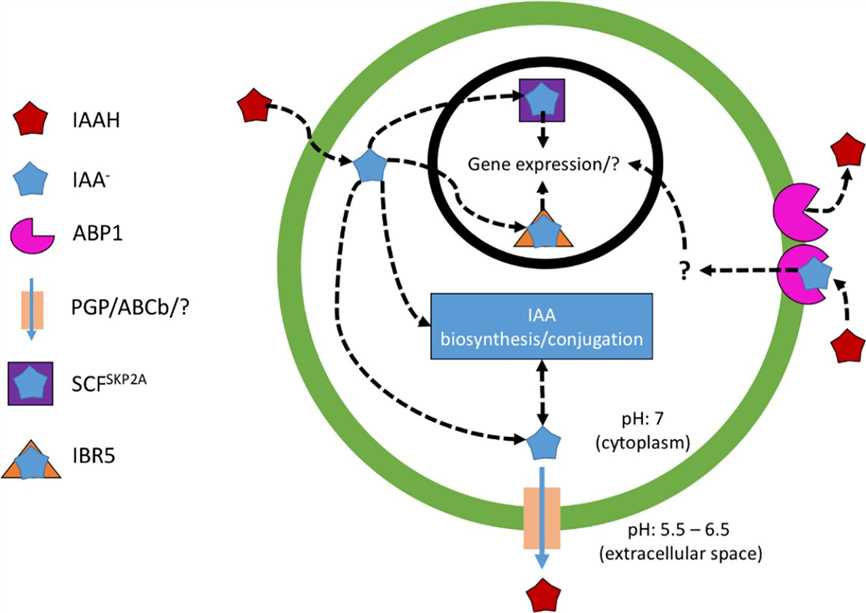The advent of the omics era has revolutionized the study of microalgal biology. Although few marine microalgal genomes are available, several transcriptomes have been sequenced. Careful annotation and study of microalgal transcriptomes provide unprecedented insight into the diverse transcriptional programs operating within these organisms. Here, Lifeasible provides specialized solutions for microalgal transcriptomics.
Transcriptomics is the technique of studying the transcriptome of an organism using high-throughput methods (e.g., microarray analysis) as the sum of all its RNA transcripts. Biodiesel or ethanol derived from lipids or starch produced by microalgae can overcome many sustainability challenges previously attributed to petroleum-based fuels and first-generation plant-based biofuels. However, the lack of microalgal genome sequences has limited gene-based biofuel feedstock optimization studies. In the post-genomic era, transcriptomics, proteomics, metabolomics, and other histological techniques have provided strong technical support to explain the molecular mechanisms of microalgal biological processes. Among them, transcriptomics is the earliest and most widely used technique. Transcriptomics can be used to analyze the potential molecular mechanisms of algae with or without reference genomes in response to environmental changes.
 Fig 1. Transcriptome-wide analysis of Chlorella reveals auxin-induced carotenogenesis pathway in green microalgae. (Alsenani F, et al., 2019)
Fig 1. Transcriptome-wide analysis of Chlorella reveals auxin-induced carotenogenesis pathway in green microalgae. (Alsenani F, et al., 2019)
The successful application of transcriptomic techniques in algal research demonstrates their importance and supporting role in studying algal physiological mechanisms. Our scientists have successfully established model organisms of Chlamydomonas reinhardtii, Thalassiosira pseudonana, Phaeodactylum tricornutum, and Emiliania huxleyi for microalgal transcriptome sequencing. Lifeasible provides custom microalgal transcriptomics solutions to analyze the expression profile of specific genes under specific conditions and to infer the function of certain genes based on transcriptome information. Our strategy consists of the following:
Our goals are primarily to help advance your research in microalgae, including:
At Lifeasible, our microalgal transcriptomics service allows us to cost-effectively sequence many model algal species to help you better understand the molecular mechanisms by which algae respond to environmental changes. We are your trusted partner in all aspects of microalgae research. If you are interested in our solutions for microalgal transcriptomics, please do not hesitate to contact us.
Reference